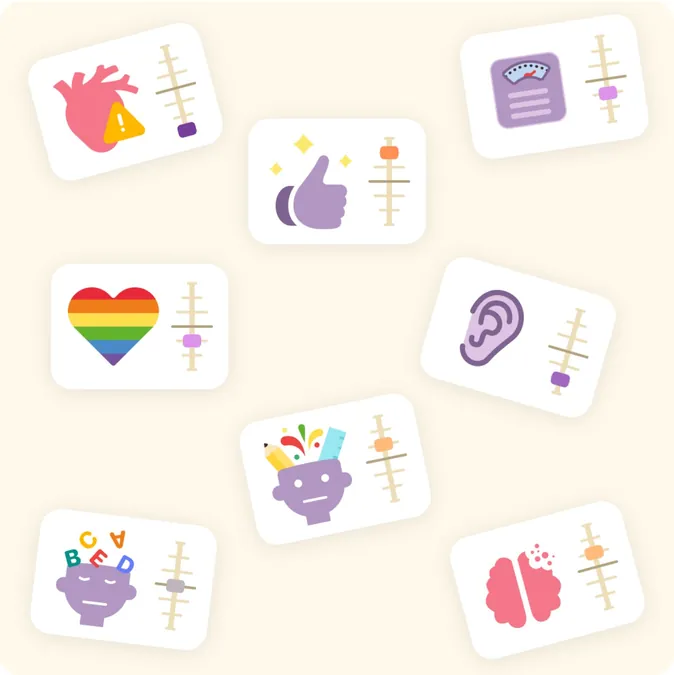
Tinker Tots: Navigate the Ethical Labyrinth of Embryo Selection through Citizen Science!
2025-04-02
Author: Sarah
Have you ever faced the harrowing decision of selecting an embryo during in vitro fertilization (IVF)? Would you consider the potential risk of diseases, or would you be tempted to choose traits like exceptional intelligence or athletic prowess?
Introducing Tinker Tots, a groundbreaking interactive research initiative that dives deep into the moral complexities of embryo selection. This innovative project invites you to contribute to a better understanding of how genetic information shapes parental decisions and societal values surrounding reproduction.
Understanding the Choices in Embryo Selection
With recent advancements in preimplantation genetic testing (PGT), prospective parents can now receive detailed insights about the genetic health of embryos. They can evaluate the chances of developing certain traits or medical conditions before implantation. However, this incredible power sparks pressing ethical and philosophical questions: How do individuals interpret and apply this genetic data? Which traits take precedence in their decisions? How are these choices influenced by societal norms, personal beliefs, or ethical considerations?
To explore these vital questions, a collaborative team from the University of Oxford, University of Exeter, and the National University of Singapore Yong Loo Lin School of Medicine has launched the Tinker Tots project.
An Interactive Research Experience
In this online experiment, participants are presented with fictional scenarios in which they must choose between different embryos, each characterized by distinct genetic makeups and probabilities of developing various health conditions or traits. Whether it’s dealing with a potential risk for heart disease or the allure of musical talent, each decision made offers researchers insight into the intricacies of human values and decision-making.
Professor Julian Savulescu, one of the project's leading figures, states, “This research will deepen our understanding of societal values surrounding life choices and will influence medical practices and reproductive regulations in the future.”
A Platform for Ethical Reflection
Tinker Tots welcomes everyone—whether you’re a prospective parent pondering your values, a scientist interested in the ethics of genetic selection, or simply curious about this cutting-edge technology. Whatever your reason, your participation is pivotal for illuminating how people assess genetic information amidst challenging ethical dilemmas.
Dr. Edmond Awad, the lead researcher, emphasizes the significance of this project by stating, “Tinker Tots is both a scientific tool and an opportunity for individuals to grapple with ethical questions in a stimulating and approachable manner.”
How it Works: Take Part in This Pioneering Study!
1. **Make Choices**: Engage in multiple rounds of embryo selection, evaluating various scenarios that pit different genetic attributes against each other.
2. **Compare Probabilities**: Each session presents varying probabilities associated with specific genetic traits and conditions, challenging you to think critically about your priorities.
3. **Reflect on Values**: After each decision, you will receive a summary of your choices alongside the collective preferences of other participants, allowing for valuable self-reflection and insight.
4. **Explore Further**: Participate in several rounds of selection to examine how your decisions might shift as you encounter new traits and conditions.
5. **Contribute to Research**: Each choice you make contributes essential data that aids researchers in understanding the societal implications of genetic information and ethical decision-making.
Dive into the Ethical Future of Parenthood!
Tinker Tots not only enriches scientific understanding but also invites you on a thought-provoking journey through the ethical waters of embryo selection! Join this citizen science initiative today and influence the future of reproductive technology and genetic choices!
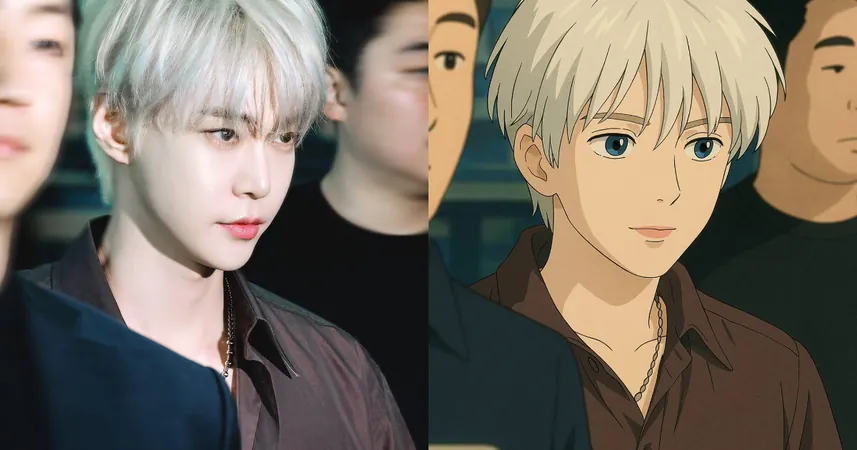
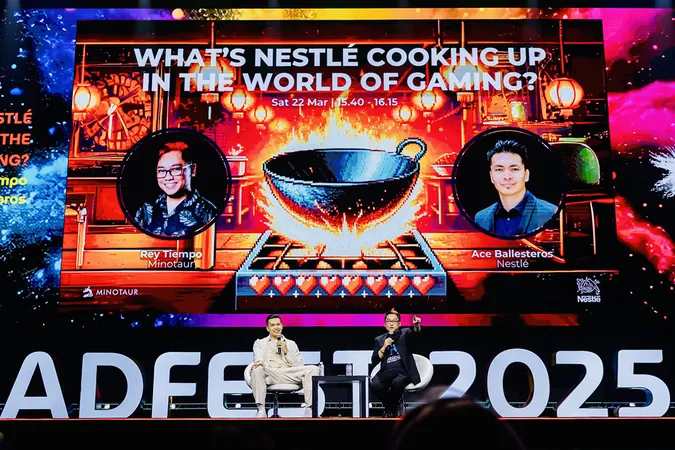
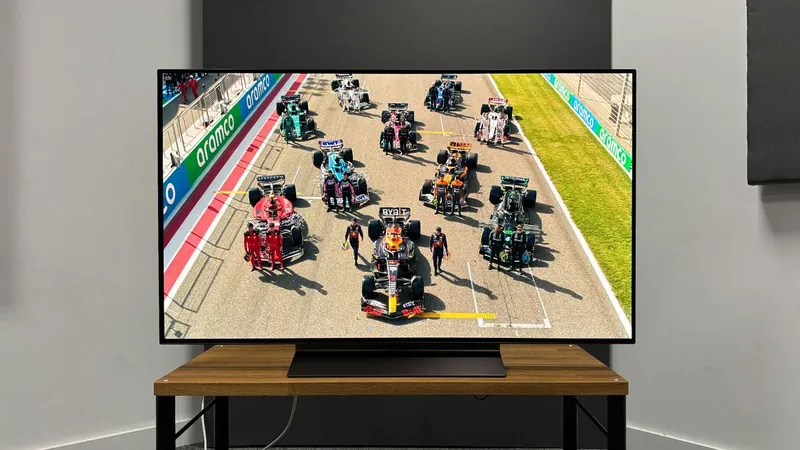


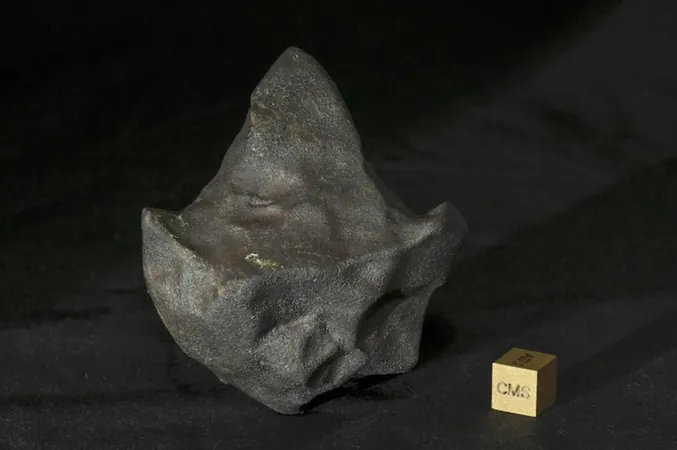
 Brasil (PT)
Brasil (PT)
 Canada (EN)
Canada (EN)
 Chile (ES)
Chile (ES)
 Česko (CS)
Česko (CS)
 대한민국 (KO)
대한민국 (KO)
 España (ES)
España (ES)
 France (FR)
France (FR)
 Hong Kong (EN)
Hong Kong (EN)
 Italia (IT)
Italia (IT)
 日本 (JA)
日本 (JA)
 Magyarország (HU)
Magyarország (HU)
 Norge (NO)
Norge (NO)
 Polska (PL)
Polska (PL)
 Schweiz (DE)
Schweiz (DE)
 Singapore (EN)
Singapore (EN)
 Sverige (SV)
Sverige (SV)
 Suomi (FI)
Suomi (FI)
 Türkiye (TR)
Türkiye (TR)
 الإمارات العربية المتحدة (AR)
الإمارات العربية المتحدة (AR)